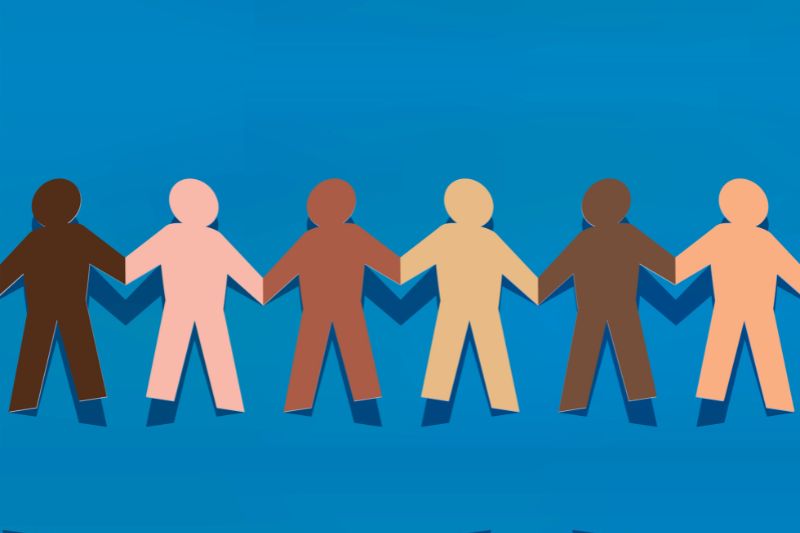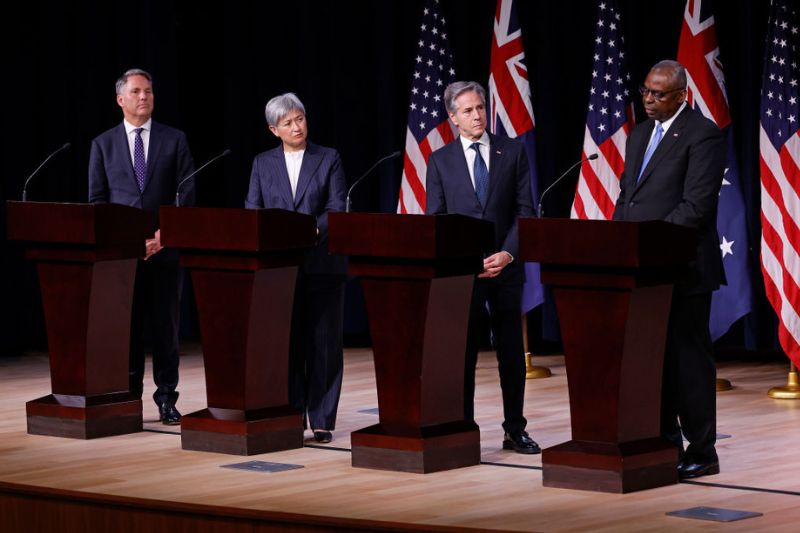Keywords: A Secret Australia
-

AUSTRALIA
- Michael McGirr
- 22 November 2024
3 Comments
There’s this other place that is neither heaven nor earth but which you might find in the car park of the third busiest KFC in Melbourne, waiting for your son to finish his shift. A bin beside the car is overflowing with all the packaging that comes with fast food, not to mention the remains of poor dead chooks whose life it is hard to imagine.
READ MORE 
-

AUSTRALIA
- Andrew Hamilton
- 30 October 2024
2 Comments
The traditions of All Saints Day and All Souls Day invite a rare reflection on death — a topic largely sidelined in contemporary Australia. Amid global events and various cultural spectacles, these days offer a quiet reminder to consider how we honour the dead and what that reveals about our values.
READ MORE
-

ARTS AND CULTURE
- Ken Haley
- 06 September 2024
When we look back a decade hence on the way we lived in 2020, Shirley is going to serve as a literary time capsule. If you’re in search of a visceral feel for what it’s like to live in a specific place at a specific time — namely Melbourne in 2020, as the first pandemic in a century casts a pall over the zest for life itself — this book is a must read.
READ MORE 
-

INTERNATIONAL
- Robin Osborne
- 05 September 2024
1 Comment
Pope Francis has frequently voiced sympathy for refugee concerns and before leaving on this trip, he reaffirmed his call for safe migration pathways for people fleeing their own countries for fear of persecution, describing any refusal to harbour asylum seekers as a ‘grave sin’.
READ MORE
-

AUSTRALIA
- Joseph Camilleri
- 28 August 2024
3 Comments
As Australia faces numerous moral crises from domestic inequality to global militarization, a proposed national charter of principles could to reshape our society and redefine our global role. This declaration would acknowledge Indigenous dispossession, prioritize human rights, and shift focus from military alliances to human security.
READ MORE
-

INTERNATIONAL
- Binoy Kampmark
- 15 August 2024
1 Comment
The AUSMIN talks in Annapolis herald a new era of defense cooperation between Australia and the United States, but at what cost? Critics warn of eroded sovereignty and nuclear proliferation risks as Australia embraces its role in America's strategic chess game against China.
READ MORE